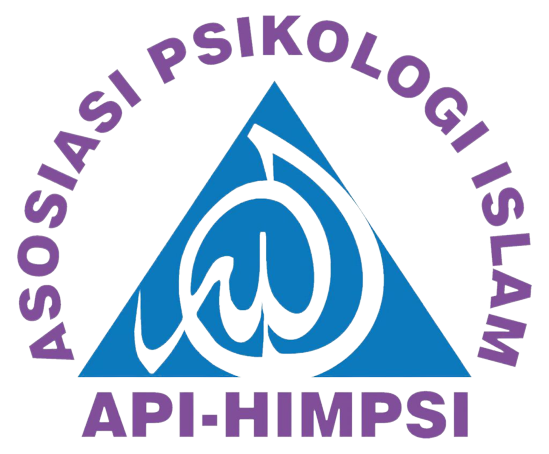Strategi Coping pada Penyintas Covid-19 Yang Mengalami Stigma: Sebuah Studi Fenomenologi
(Submitted 12 Februari 2021) (Published 31 Agustus 2021)
DOI:
https://doi.org/10.36341/psi.v5i1.1688Keywords:
COVID-19, pengalaman psikologis, strategi copingAbstract
Permasalahan yang dihadapi oleh survivor COVID-19 tidak hanya bersumber dari faktor fisik, namun juga faktor sosial. Studi ini bertujuan untuk mengeksplorasi pengalaman psikologis dan strategi coping pada survivor COVID-19 yang mengalami stigma. Penelitian ini menggunakan metode fenomenologi dengan satu orang partisipan. Hasil penelitian memunculkan tiga tema utama, yaitu: (1) tantangan sebagai survivor COVID-19, (2) stigma terhadap survivor COVID-19, dan (3) strategi coping survivor COVID-19. Penelitian ini memberikan implikasi strategi coping yang adaptif dan kebijakan yang tepat untuk meningkatkan efektivitas penanganan COVID-19 di Indonesia dengan mempertimbangkan kondisi psikologis pasien.
Downloads
Downloads
Published
Issue
Section
License
1. Copyright of all journal manuscripts is held by the Psychopolytan : Jurnal Psikologi
2. Formal legal provisions to access digital articles of electronic journal are subject to the provision of the Creative Commons Attribution-ShareAlike license (CC BY-NC-SA), which means that Psychopolytan : Jurnal Psikologi is rightful to keep, transfer media/format, manage in the form of databases, maintain, and publish articles.
3. Published manuscripts both printed and electronic are open access for educational, research, and library purposes. Additionally, the editorial board is not responsible for any violations of copyright law.
licensed under a Creative Commons Attribution-ShareAlike 4.0 International License.








